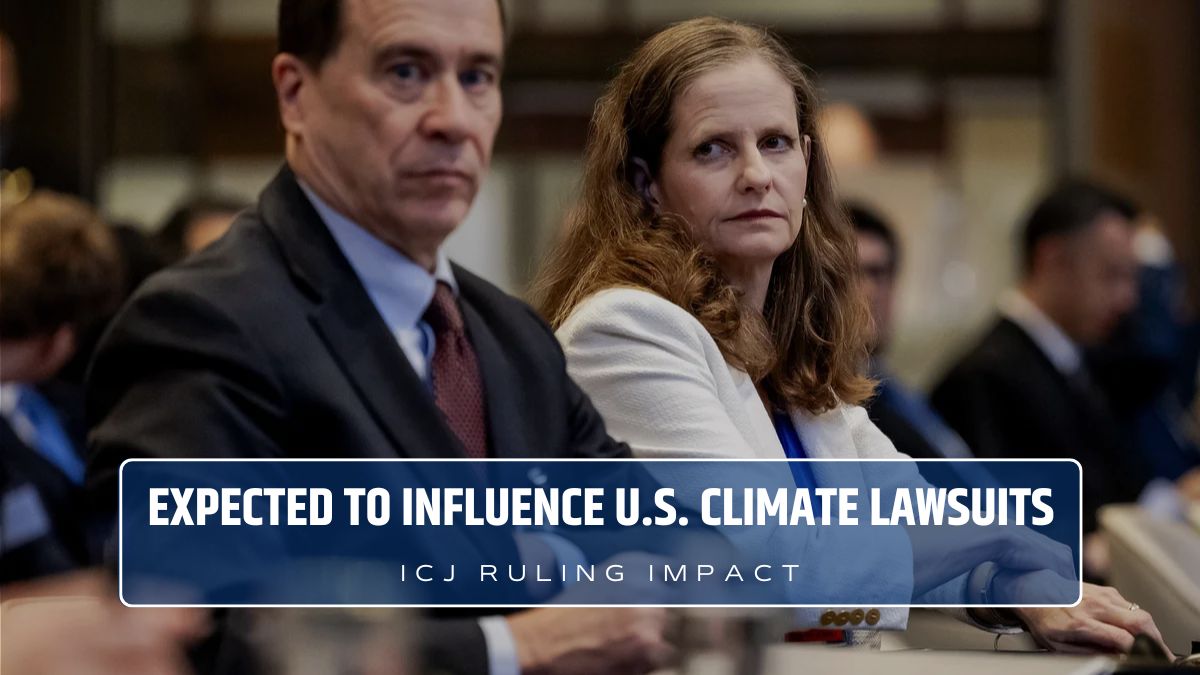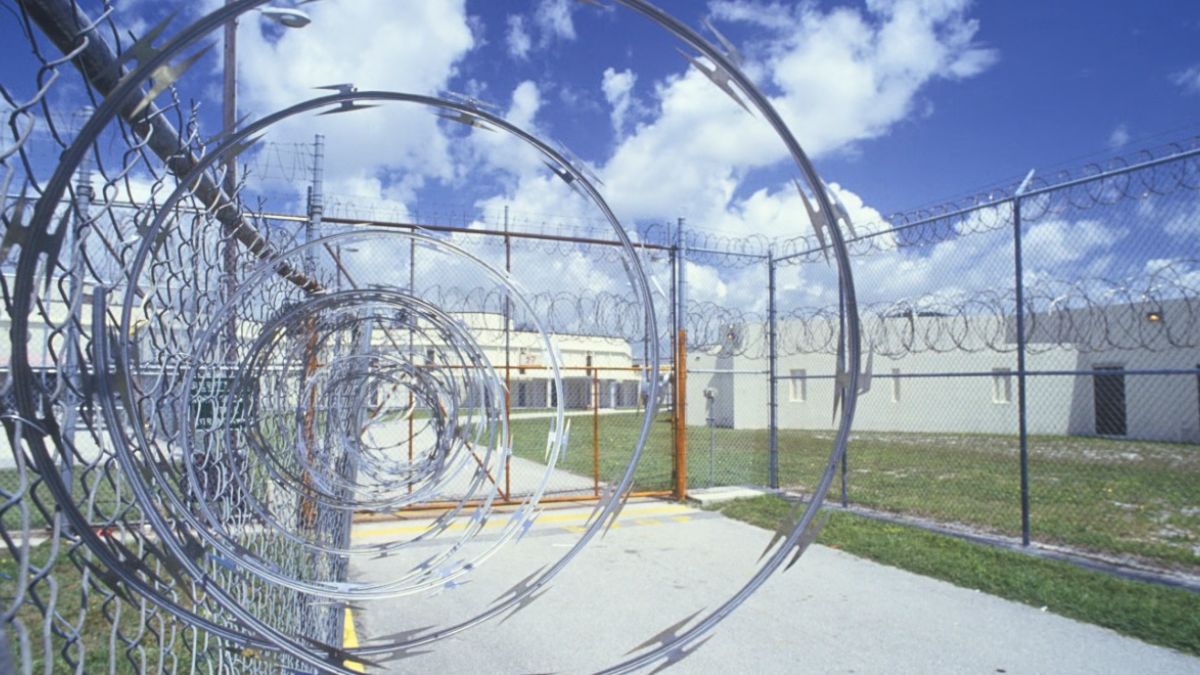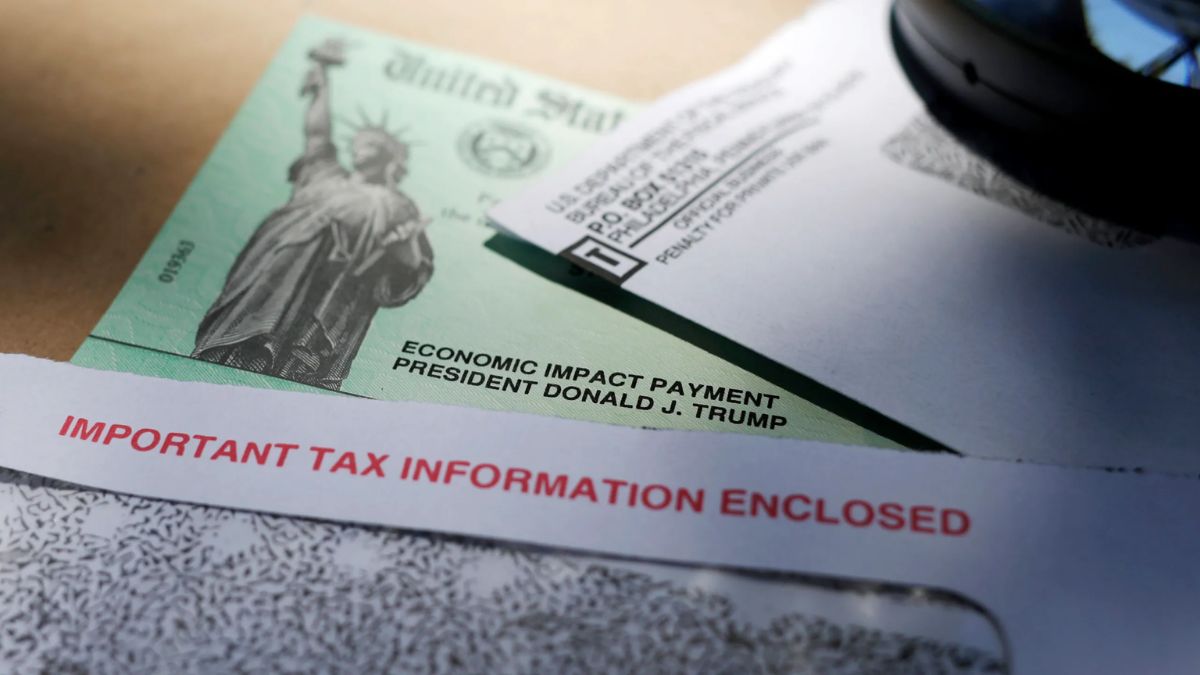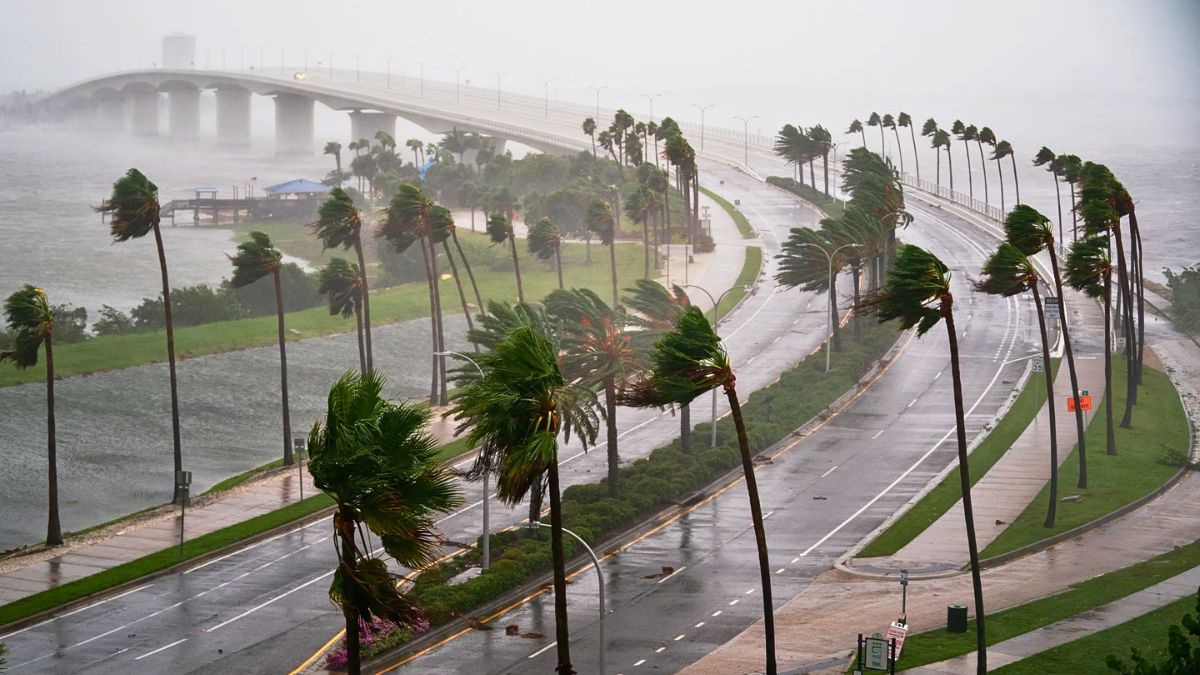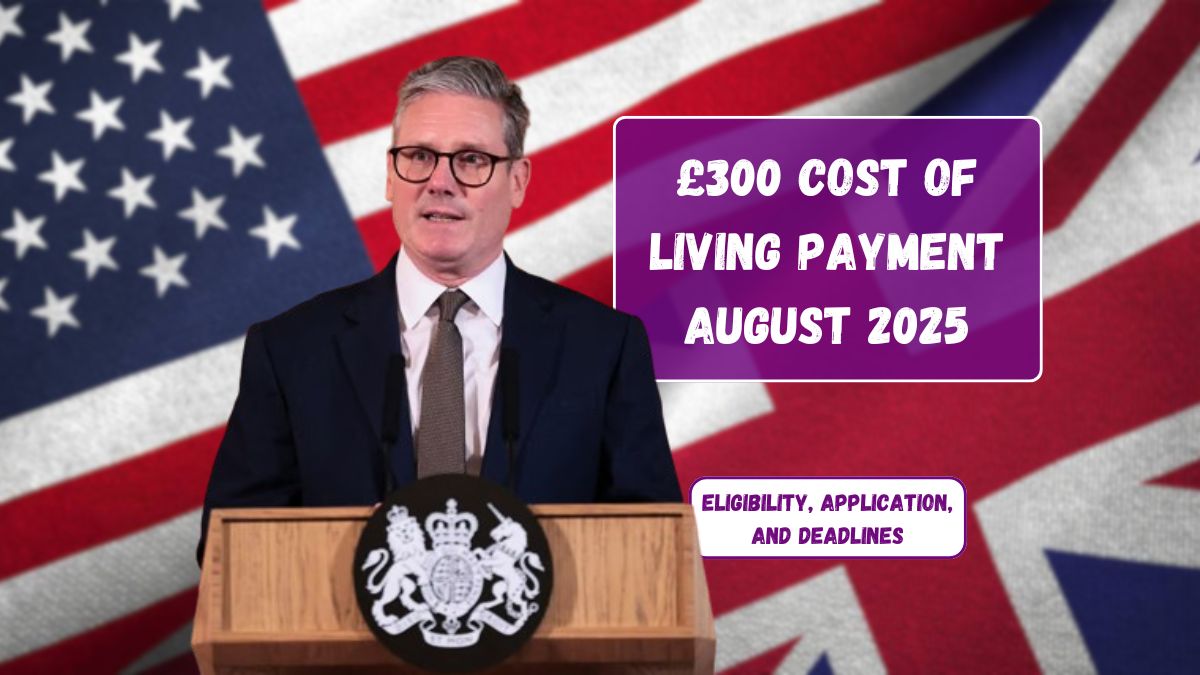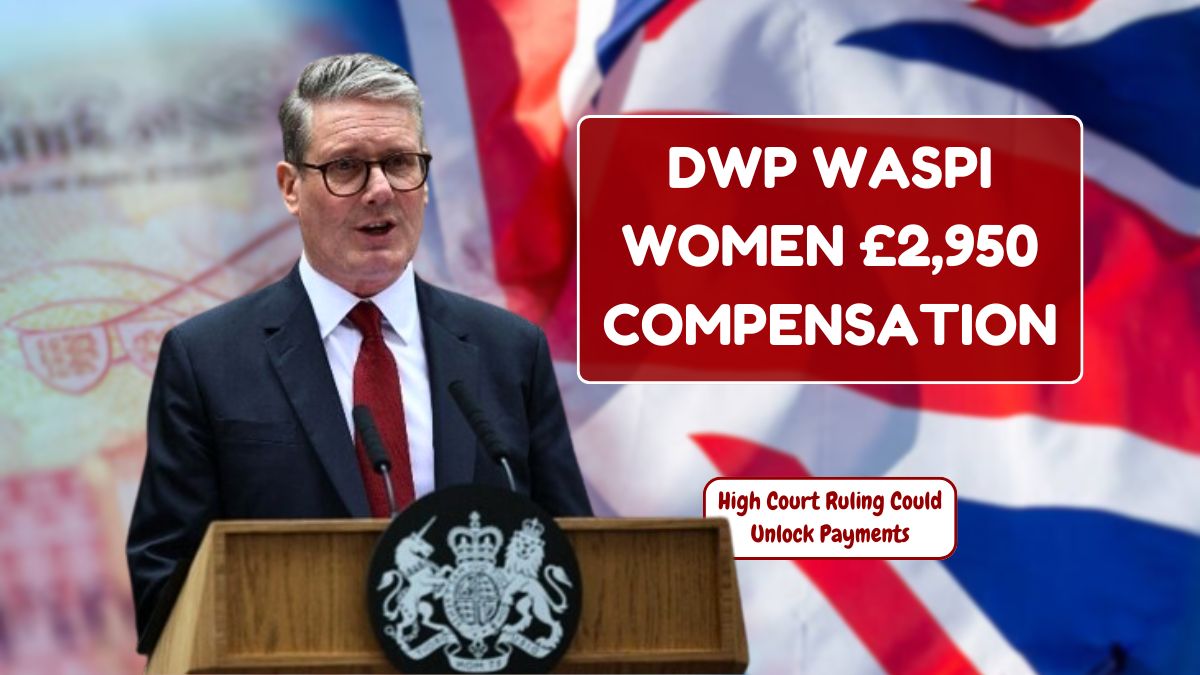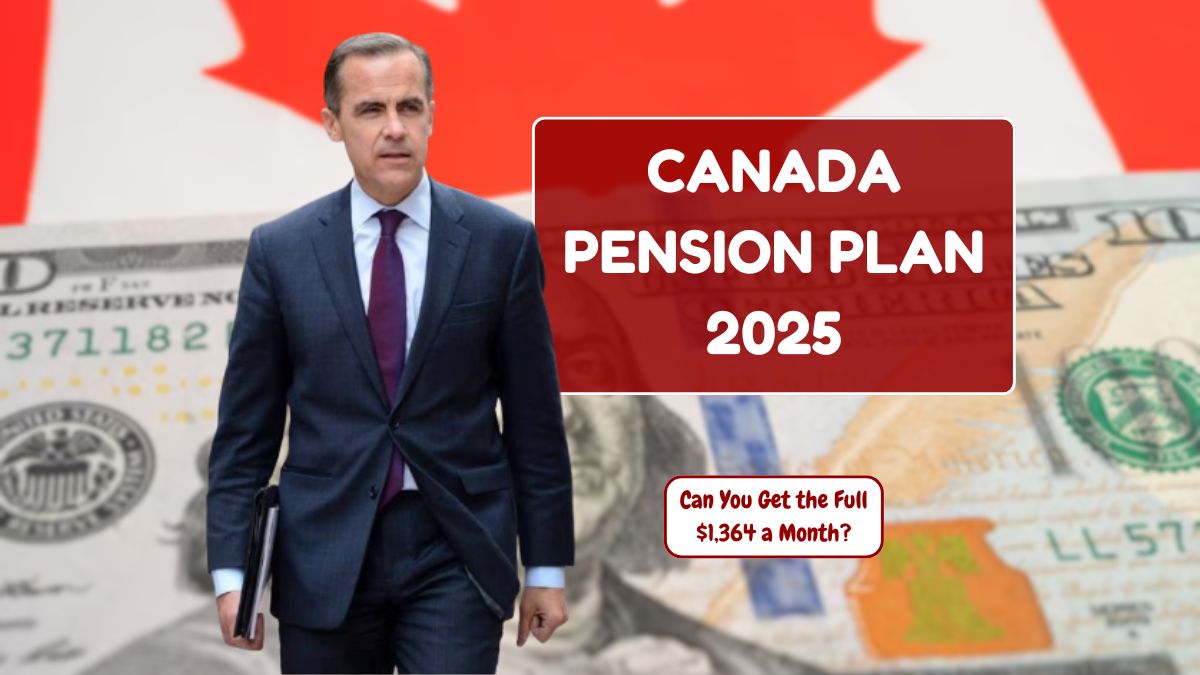Amidst President Trump’s sweeping efforts to dismantle climate regulations in his second term, a recent landmark advisory ruling by the International Court of Justice (ICJ) may amplify climate litigation pressures in the United States. This significant judicial pronouncement could bolster domestic lawsuits seeking accountability from government bodies and major corporate polluters, shaping future climate legal battles.
Landmark
In late July, the ICJ delivered a groundbreaking advisory opinion, affirming that countries have a clear legal duty to prevent significant climate harm and protect human rights from greenhouse gas emissions. The court specifically declared that states facilitating fossil fuel expansion or neglecting their responsibilities could be committing an “internationally wrongful act,” potentially liable for reparations.
Experts assert this unprecedented opinion adds substantial legal and moral weight to climate lawsuits already proliferating across the United States, as well as globally. Erika Lennon, a senior attorney at the Center for International Environmental Law (CIEL), emphasizes its far-reaching implications, suggesting it could become a cornerstone for climate justice actions worldwide.
Impact
Despite the Trump administration’s well-known climate policy rollback, US courts could face heightened pressure from the ICJ ruling. Plaintiffs in American climate cases, including youth activists suing federal agencies and municipalities challenging fossil fuel companies, could directly reference the ICJ opinion. For instance, recent youth-led lawsuits in Montana and California argue Trump administration actions violate their fundamental rights to life and liberty by exacerbating fossil fuel use and climate pollution.
The ICJ opinion provides a significant legal boost, allowing claimants to argue the federal government has failed international obligations to protect citizens’ human rights by disregarding climate dangers.
Indifference
Notably, the Trump administration maintains an indifferent stance toward international climate rulings. Shortly after the ICJ advisory, the Environmental Protection Agency (EPA) moved to repeal the pivotal 2009 “endangerment finding,” which recognizes greenhouse gases as harmful to human health. This repeal would severely weaken regulatory power over emissions from vehicles and industrial sources.
Columbia Law School professor Michael Gerrard predicts the administration will “certainly pay no attention” to the ICJ ruling. Historically, US courts seldom reference international tribunal decisions, particularly regarding climate issues.
Obligations
Though the Trump administration dismisses the ICJ’s authority, it remains legally binding in international law contexts. Margaretha Wewerinke-Singh, a lawyer involved in the ICJ case for Vanuatu, suggests ignoring this ruling places the US in a vulnerable international position. Other nations might leverage economic sanctions or trade restrictions against the US for non-compliance.
Additionally, Carly Phillips from the Union of Concerned Scientists emphasizes the ICJ ruling’s symbolic weight. She argues its moral and legal clarity pressures US states, cities, and local governments to align their policies with global climate obligations, irrespective of federal stances.
Companies
The ICJ opinion also impacts US companies globally. Major corporations, particularly fossil fuel giants, could face increased liability and litigation risks abroad. Courts in nations acknowledging ICJ decisions might hold these businesses accountable for international climate harm.
A recent German court decision illustrates this possibility. While dismissing a Peruvian farmer’s lawsuit against coal giant RWE, the court recognized companies’ potential international liability for climate-related damages, setting a precedent for future litigation against US multinationals overseas.
Future
Legal experts agree litigation alone is insufficient for climate justice. Nikki Reisch from CIEL stresses the ICJ ruling’s ultimate value lies not merely in spurring more lawsuits, but in compelling decisive climate actions by countries and companies alike. Ideally, this decision could prompt polluters and governments toward responsible climate policies, rendering future lawsuits unnecessary.
The ICJ’s landmark climate opinion arrives at a pivotal juncture, significantly elevating accountability expectations despite federal resistance. While President Trump’s administration pursues deregulation and distances itself from international agreements, this legal opinion strengthens climate advocates’ arsenal, placing the US under renewed pressure to address climate obligations seriously and sustainably.
FAQs
What is the ICJ climate ruling about?
It confirms states must prevent climate harm.
Will the US respect the ICJ ruling?
Trump’s administration will likely ignore it.
Could US companies face global lawsuits?
Yes, especially in countries recognizing ICJ.
Does the ICJ opinion affect US lawsuits?
Yes, it can strengthen US climate lawsuits.
What is the EPA endangerment finding?
A declaration that greenhouse gases harm health.

